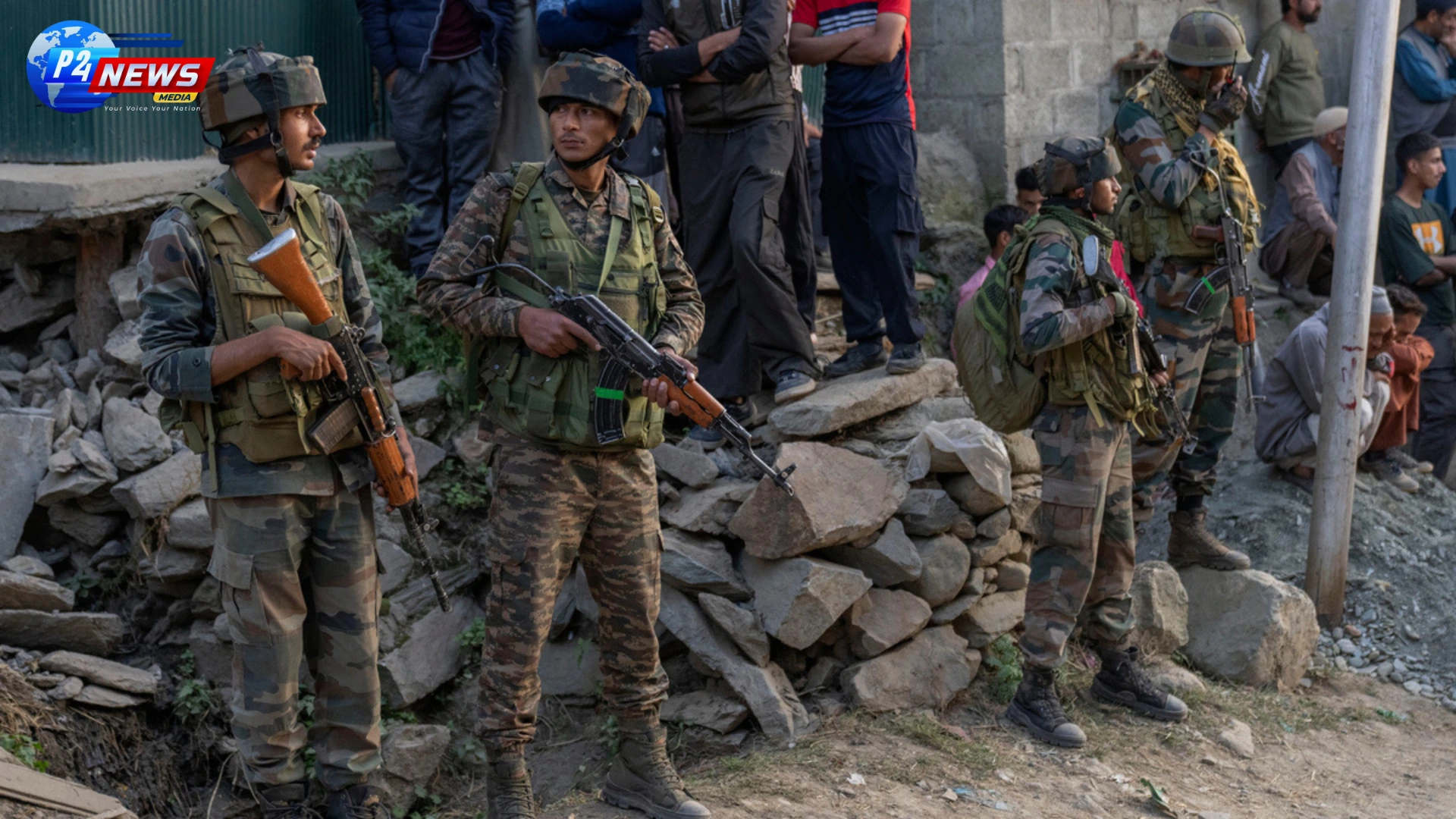After nearly a year of ineffective negotiations, Qatar has paused its mediation efforts in Gaza, calling for a genuine commitment from both Israel and Hamas to end the ongoing conflict. This decision reflects the Gulf state's frustration with the lack of progress in achieving a ceasefire and addressing critical issues such as hostage releases. Amidst the devastation in Gaza, Qatar's foreign ministry has made it clear that it seeks a real willingness from both sides to engage in meaningful dialogues.
In a decisive move, Qatar has halted its ongoing mediation efforts aimed at resolving the protracted conflict between Israel and Hamas, emphasizing the need for both parties to exhibit genuine commitment to ending hostilities. The announcement came after a disheartening string of unsuccessful negotiations that lasted nearly a year, as confirmed by Qatar's foreign ministry spokesman, Majed Al Ansari.
Last month, Qatar communicated its decision to suspend mediation efforts to both Israel and Hamas. They highlighted that continued negotiations without substantial progress would not be feasible. According to Al Ansari, "Qatar informed the parties ten days ago that if an agreement was not reached, it would pause its mediation endeavors." This statement encapsulates Qatar's insistence that true seriousness and willingness to compromise are prerequisites for any fruitful dialogue.
Reports of Hamas being expelled from Doha were dismissed by the Qatari spokesman, who reiterated that the Gulf nation’s primary goal is to maintain an open channel of communication between conflicting parties. This channel, he noted, has previously contributed to achieving temporary ceasefires. However, with the current state of negotiations, the situation appears dire, as a diplomatic source revealed that Qatar is reassessing its role amid criticisms from various stakeholders, including Israeli and U.S. officials.
The complexity of the situation is underscored by the humanitarian crisis unfolding in Gaza, where destruction from Israeli bombardments continues to devastate lives. The urgent need for effective mediation is more pressing than ever, yet Qatar has concluded that the ongoing talks have devolved into a political game rather than a sincere effort to foster peace.
Compounding these challenges is the backdrop of U.S. politics, where ongoing elections have shifted focus away from serious peace initiatives. Both Qatari and U.S. officials have noted that the presence of Hamas in Qatar has served as a critical communication link; however, the effectiveness of this role is now under scrutiny. Amid rising tensions and increasing casualties, Qatar’s approach signals a potential pivot in diplomatic tactics.
In previous months, both Qatar and the United States collaborated in efforts to broker not only a ceasefire but to facilitate the release of hostages held by Hamas. Unfortunately, these negotiations have repeatedly failed to yield results, culminating in Qatar's recent decision to step back. A diplomatic source stated, "The Qatari officials communicated that as long as there is a persistent refusal to negotiate in good faith, they cannot continue their mediation role."
As the situation evolves, it remains to be seen whether the parties involved will recognize the necessity of engaging meaningfully in dialogue, or if Qatar will have to reassess its involvement further. The Gulf state, alongside the U.S. and Egypt, has long been perceived as an essential mediator in Middle Eastern diplomacy, with its role now in jeopardy due to the lack of genuine efforts from both Israel and Hamas.
The growing humanitarian crisis in Gaza and the ongoing violence pose significant moral and political challenges as the world watches. Experts warn that without a cohesive effort towards peace, the cycle of violence is likely to continue, further complicating the already intricate geopolitical landscape of the region. The question remains whether there is enough political will from both sides to overcome the obstacles and engage in a constructive resolution.
Meanwhile, both the U.S. and Qatar have reiterated their commitment to fostering channels for communication, even as the immediate future of the mediation efforts hangs in the balance. The hope persists that, with the right environment and motivation, a breakthrough could still be achieved, paving the way for a more stable and peaceful outcome in this historically fraught region.
















Comments 0